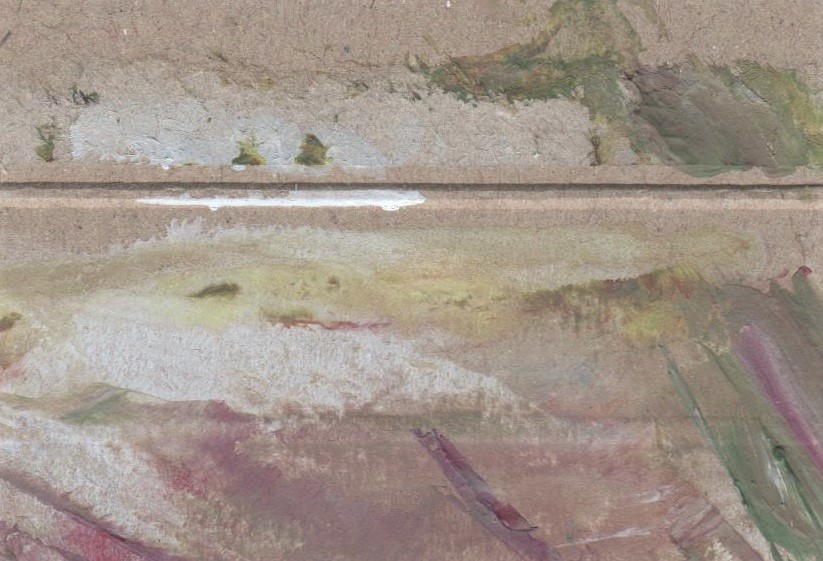Praying is no substitute for politics. When we abandon living in the world, when we no longer love the earth, when we ignore the neighbour on the road, prayer is left empty, make-believe piety. We no longer walk with Jesus, Word made flesh, whatever our orthodox profession.
Politics, even when it has not collapsed into cruel and lawless war, brings misery and worry. Some people suffer injustice and cruelty, some inflict it arrogantly or desperately, some are but shamed, useless bystanders. Such misery may drive us to pray.
But however much we want it, God does not take the management of the human world out of our hands. In the beginning, God created humanity to be caring sociable stewards of the earth (Gen1.26,27). It is a world full of opportunity for us to work with, or miss (Matt.25.14-30). Human being does much of God’s living on earth – God does not displace the creature, but calls creatures to grow up to the maturity of imaging God (Eph.4.13). When God lives humanly, without reservation, in Jesus, humanity is not held back or suppressed to give space for God. God lives and acts fully and freely in the ordinary, genuine humanity of Jesus and ours, with him.
Politics, as practised even in a somewhat free and well-ordered community like ours in the UK, falls far short of what we are created and called to. But God does not, and will not step in and take the work out of our hands. God’s way, rather, is to let human beings get on with (mis)managing the earth, live the consequences of what we do, so to make us aware of what we are doing, and spur us to learn and to develop ways of doing things better.
The people said they were tired of being ruled by judges, let us have a king. Samuel thought it was an appalling idea, they were rejecting God as their ruler. God said, Let them have a king, let them find out in experience what that is like, let them go on learning, suffering and changing. (I Samuel 8). So they got Saul, and then David. Big limited men, sinners. David sinned with the confidence of a king but God did not displace him: he sent his prophet to awaken David’s conscience, which his being king had put to sleep. Nathan did not have king-making or unmaking power. But he did have the gift of pointed political argument. He told a story that reminded David of his primary task as king: to execute justice for the poor by striking down the greedy oppressor. David as the king angrily pronounced judgment on the oppressor. Nathan said: You are the man! (II Samuel 12.1-13). The king’s finger turned round to pierce his own heart.
Often politicians square or silence conscience. They know how to use Jehoiakim’s knife (Jeremiah 36.20-32). The cry of the oppressed, the cries of the endangered earth, go unheard. God acts politically, not by sweeping us away, but speaking through prophets, appealing to conscience, waiting to the edge of doom for us to turn (Luke 15.11-32).
Originally published on the Network Leeds blog, June 11th.
